“Inscriptions are the elixir of youth for ancient historians”

The Jacobi Fellowship of the Commission for Ancient History and Epigraphy for doctoral students celebrates its 20th anniversary in 2025. In this anniversary year, we will be presenting twelve former Jacobi scholarship holders, who will talk about their current work. We asked them five questions, which they answered in writing. In May, we get to know Peter Thonemann, Professor of Ancient History at the University of Oxford and Forrest-Derow Fellow and Tutor in Ancient History at Wadham College. Professor Thonemann was a Jacobi Fellow in Munich in 2006 with the project Studies in the Historical Geography of the Maeander Valley.
“People who lived two thousand years ago were people just like you and me”
Prof. Schuler: How did you decide to pursue an academic career in ancient studies? What fascinates you most about antiquity?
Prof. Thonemann: I was fortunate to have some inspirational teachers when I was an undergraduate student. I was taught Greek literature by Michael Comber, a wintry and cadaverous man, always dressed in black, loved and feared by all his students, who used to talk to us about Sophocles and Hitchcock and Callimachus and Sergio Leone. We’d go for pizza after tutorials and talk about punk rock. Simon Price, with whom I later ended up writing a book, taught me ancient history, and always gave the impression of being so interested in our ideas – he really encouraged me to have confidence in my own academic voice. Robert Parker lectured on Greek history and brought it all so vividly to life, including the great scholars of an earlier generation; I remember him telling these wonderful stories about Geoffrey de Ste Croix. Oxford in the 1990s was so full of light and life. I couldn’t imagine doing anything else.
What fascinates me about antiquity? I’ve spent my life wrestling with the magical, impossible, flabbergasting proposition that people who lived two thousand years ago were people just like you and me, who were grumpy and funny and kind and small-minded and clever and silly, who stubbed their toes and found things in the world beautiful; and although their bodies are dust and ash, and every living thing any of them ever saw and loved in the world, every oak and kingfisher and dolphin, has been utterly dead and gone for hundreds or thousands of years, we can still hear their voices and see their faces and meet them as peers and human beings. When I hear Aristophanes getting a fit of hiccups at a drinking party, or Demaratus’ mother telling him a pack of lies about his father, or Sappho trying to explain how it feels to be in love, or the odious Menippus of Colophon boasting about his career, it sends chills down my spine. To be able to talk to these people across time and space is the most miraculous thing; I feel very fortunate.
Die Fortsetzung des Interviews finden Sie hier: https://lisa.gerda-henkel-stiftung.de/20_jahre_jacobi_stipendium_interviewreihe_thonemann

